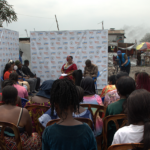
Poverty, prostitution, insecurity, and precarious living conditions are the hallmarks of the Pakadjuma neighborhood in Kinshasa. The insecurity in this neighborhood is compounded by extreme poverty, pushing many women to engage in survival activities, often at the expense of their health.
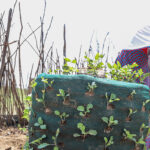
As climate change intensifies, its impact on sexual and reproductive health and rights (SRHR), is becoming increasingly concerning. However, there has been limited research on how this crisis specifically affects SRHR services and the health of vulnerable communities.

This year, over four billion people in more than 40 countries have already or will be going to the polls. As anti-rights groups intensify their efforts to roll back progress on gender justice, LGBTQ+ rights, and access to abortion and reproductive health care, the stakes have never been higher.
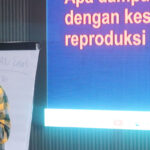
Ever since she was in college, Nisa Anisa, Ipas Indonesia’s climate change specialist, has been passionate about women’s issues.
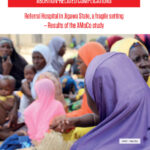
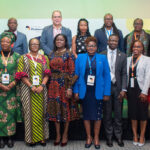
Marking the 21st anniversary of the landmark Maputo Protocol, which guarantees extensive rights to African women and girls, Ipas hosted a two-day regional conference in Mozambique devoted to exploring the challenges and successes of implementing this fundamental treaty for gender equity.

Ipas Nepal is collaborating with women and girls, local health officials and community partners to ensure access to reproductive health care after climate disasters.
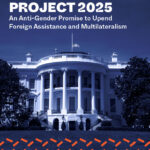
This report focuses on the damage Project 2025 would have on overseas development assistance and international cooperation.
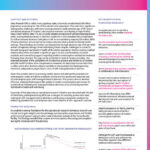
These two learning products – a project brief and a technical brief – describe the Ipas Development Foundation’s work to increase contraceptive uptake and continuation after self-managed medical abortion.
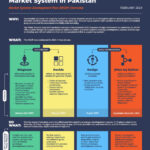
These three learning products — a market systems development plan (MSDP) overview, a workshop event summary, and a low fidelity process infographic — document our project’s efforts to understand, describe, and enhance the post-medication abortion contraceptive market in Pakistan

